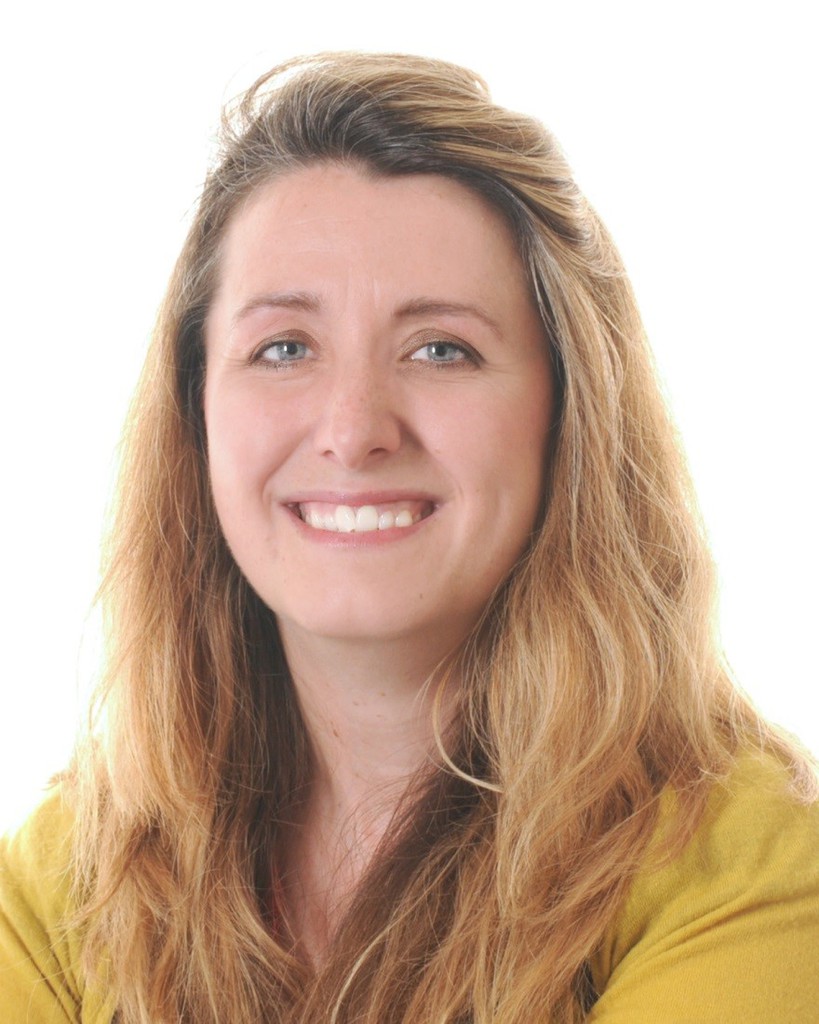
Kelly Rose
Editor

Kelly Rose
Editor
Each issue HSM speaks to a member of the BOHS about the challenges and rewards of working as an occupational hygienist. This issue we talk to Justina Sebag-Montefiore, senior occupational hygienist at Babcock International Group.
How early do you rise?
My day starts with my radio alarm at 05:50 and I’m out of the house by 06:30. Then it’s a commute over Dartmoor, down to Devonport before I begin work at 07:30. I quite like early mornings, especially when I can see the sunrise over the moors.
What gets you out of bed in the morning?
I do really enjoy my work, I know it sounds a bit clichéd, however, I definitely get a ‘buzz’ from improving people’s lives at work, and educating others to think differently about their own health and that of others. The ability to positively change other people’s lives on a daily basis is what motivates me.
What do you do?
I am an occupational hygienist on a naval base which refits submarines and ships, so I can be involved with anything at any time. One morning I can be looking at noise impacts; another time I can be advising on personal protective equipment (PPE), procedural controls in restricted areas; or at my desk helping to develop control strategies. At the moment I’m heavily involved in planning our new Health at Work Improvement strategy.
Where do you work?
I work for Babcock International Group at Devonport Royal Dockyard in Plymouth. The site has many Grade II listed buildings, which are in use every day and can be challenging when we are trying to upgrade ventilation systems; suggest indoor air quality improvements; and generally improve the layout and flow of workplaces. This means we just have to solve problems in a slightly different way, which can be interesting!
What does a typical day entail for you?
As with any hygienist, there’s no such thing as a ‘typical’ day, but my day can start with either a full calendar of meetings with our industrial trades, production managers, other health and safety professionals and directors, or when I check my emails it can start with a call to action and suddenly I’m on site helping to problem solve. As part of my role I encourage people to think smarter about how they work and look at production flows. This means that I can be working within our Grade II listed factories; standing at the bottom of a dry dock underneath a frigate assessing diesel fumes from mobile plant; or in a submarine discussing forthcoming planned works in restricted and restrictive areas. The part of my job I love the most is the variety.
What is your favourite piece of work equipment?
We’ve just bought a new sound level meter and I do enjoy using that – the graphs are a great visual way to explain about noise issues and problems. I love the way advancements in technology are making products easier to integrate, smaller, with fewer cables, lighter batteries and – ultimately, more reliable. It makes life easier for all the people who kindly wear them for us.
What would you be lost without in work?
My fellow occupational hygienist, John Reilly. He is so knowledgeable about every part of the dockyard and seems to know everyone here. I’ve been here just over a year now and still have lots to learn about our three square miles of site, especially who is doing what and where! It’s invaluable to have someone to discuss issues and problem solve with. Quite often our best problem solving sessions have been with cups of tea and a whiteboard.
When did you last laugh in work? What made you laugh?
We laugh all the time at work, which is great. I like to tell bad puns, which seems to provoke a groan more than a laugh! We use humour as a tool for people understand the messages we’re delivering. The work we do is very serious, so a bit of humour can help people to understand and engage more easily with what we are trying to convey.
What is the best part of your day?
This differs from day to day, especially when I’ve had a particularly positive meeting and I get that ‘invincible-walking-on-air-feeling’ afterwards, or when you see people developing the ideas you’ve helped to foster, it is especially rewarding. A great part of my day, which I never tire of, is when I see other people managing their health properly and taking such matters seriously. It is great when you know that you’ve made a really positive difference to someone’s life.
What advice would you give a person thinking of becoming an occupational hygienist?
If you fancy yourself as a bit of a health detective, then occupational hygiene is for you. To begin with you will need to get yourself a good mentor, begin your educational development with the BOHS modules, get yourself to the annual BOHS conference and your local regional meetings, and start building your network. Our profession is a challenge to embrace for anyone who wants to have variety in their working lives. Also, you should never be afraid to ask for advice and never worry about not knowing enough - even seasoned hygienists are still learning something different every day!

British Occupational Hygiene Society (BOHS)
5/6 Melbourne Business Court
Millennium Way
Pride Park
Derby
DE24 8LZ
UNITED KINGDOM
01332 298101